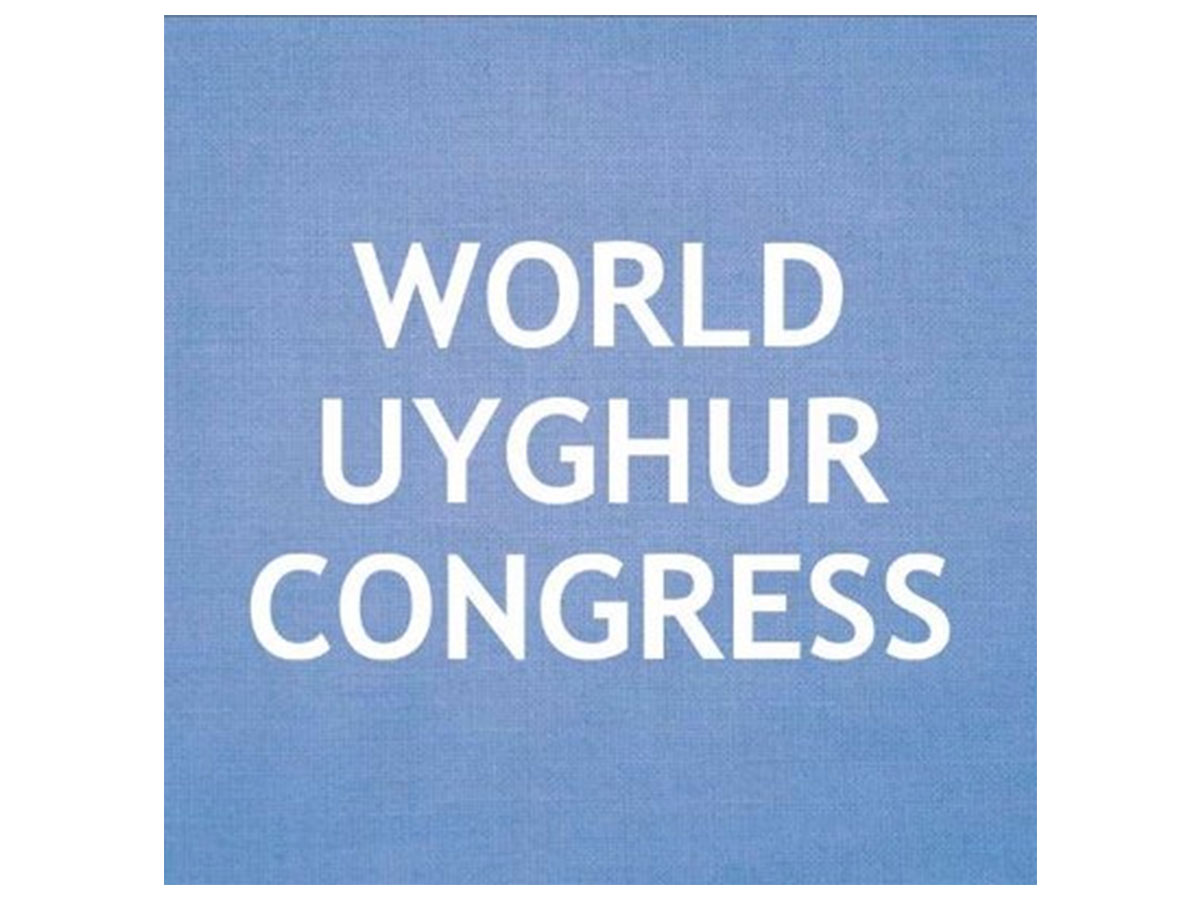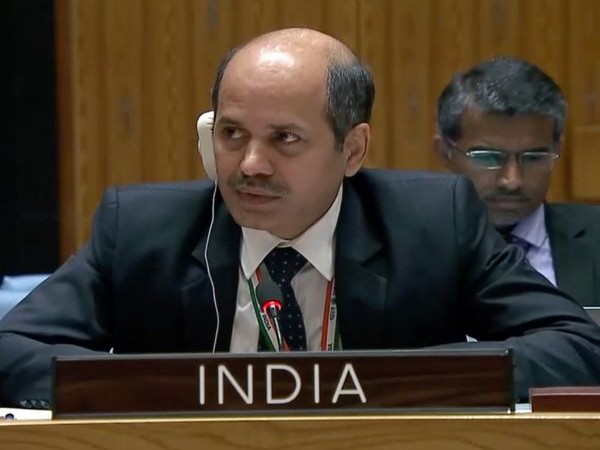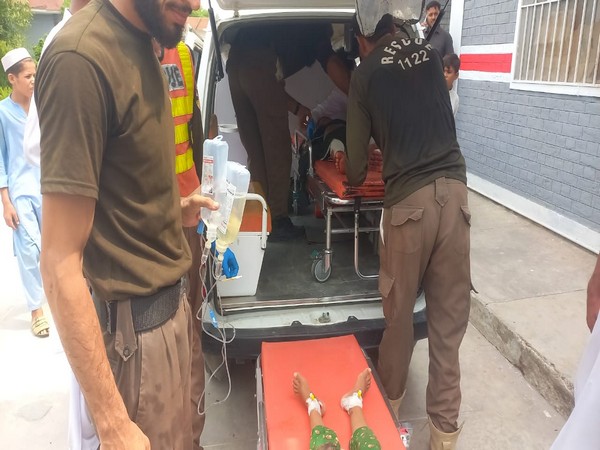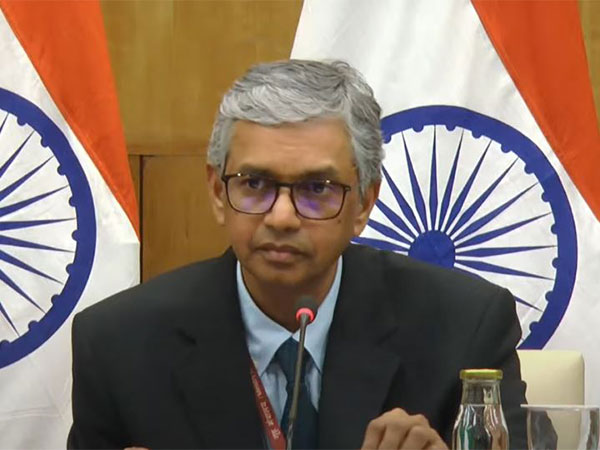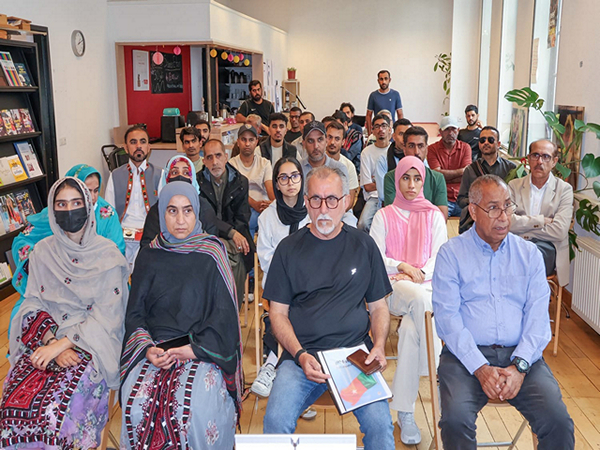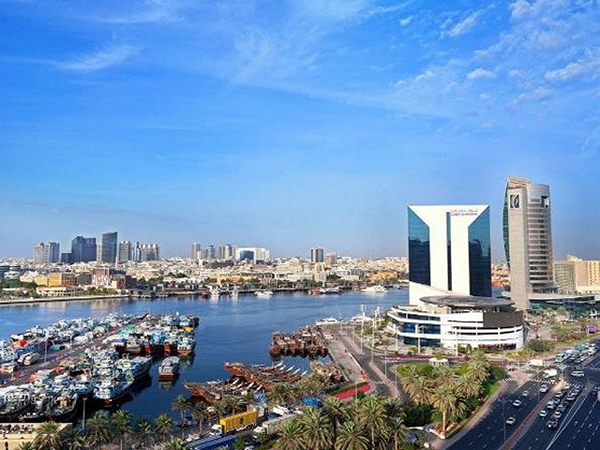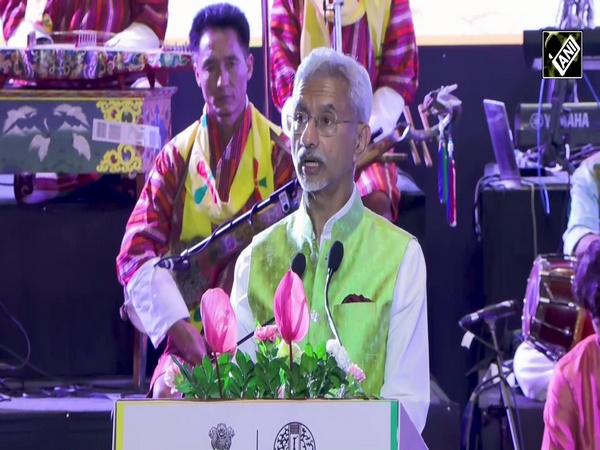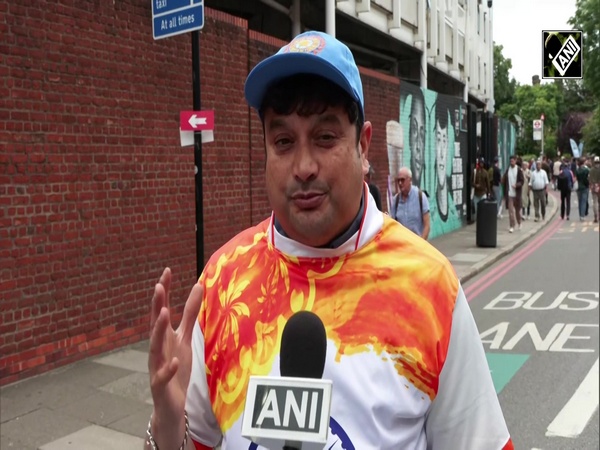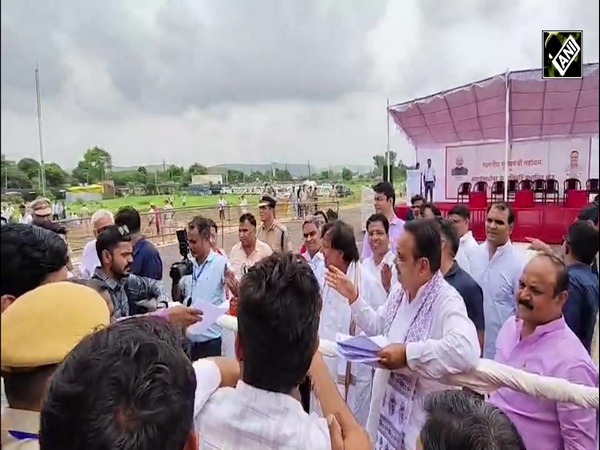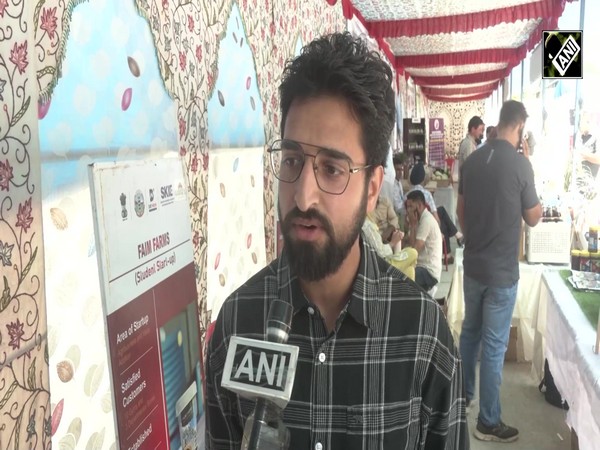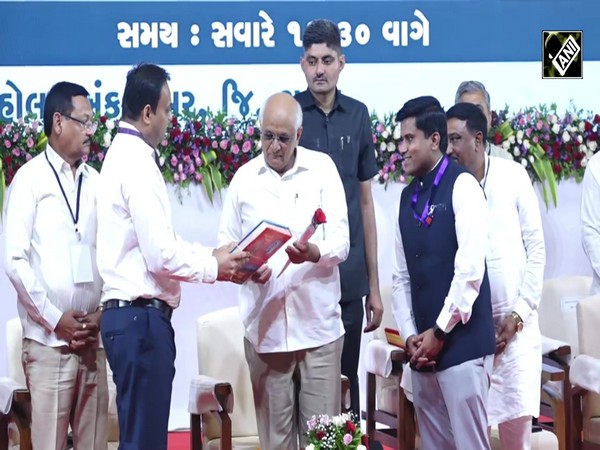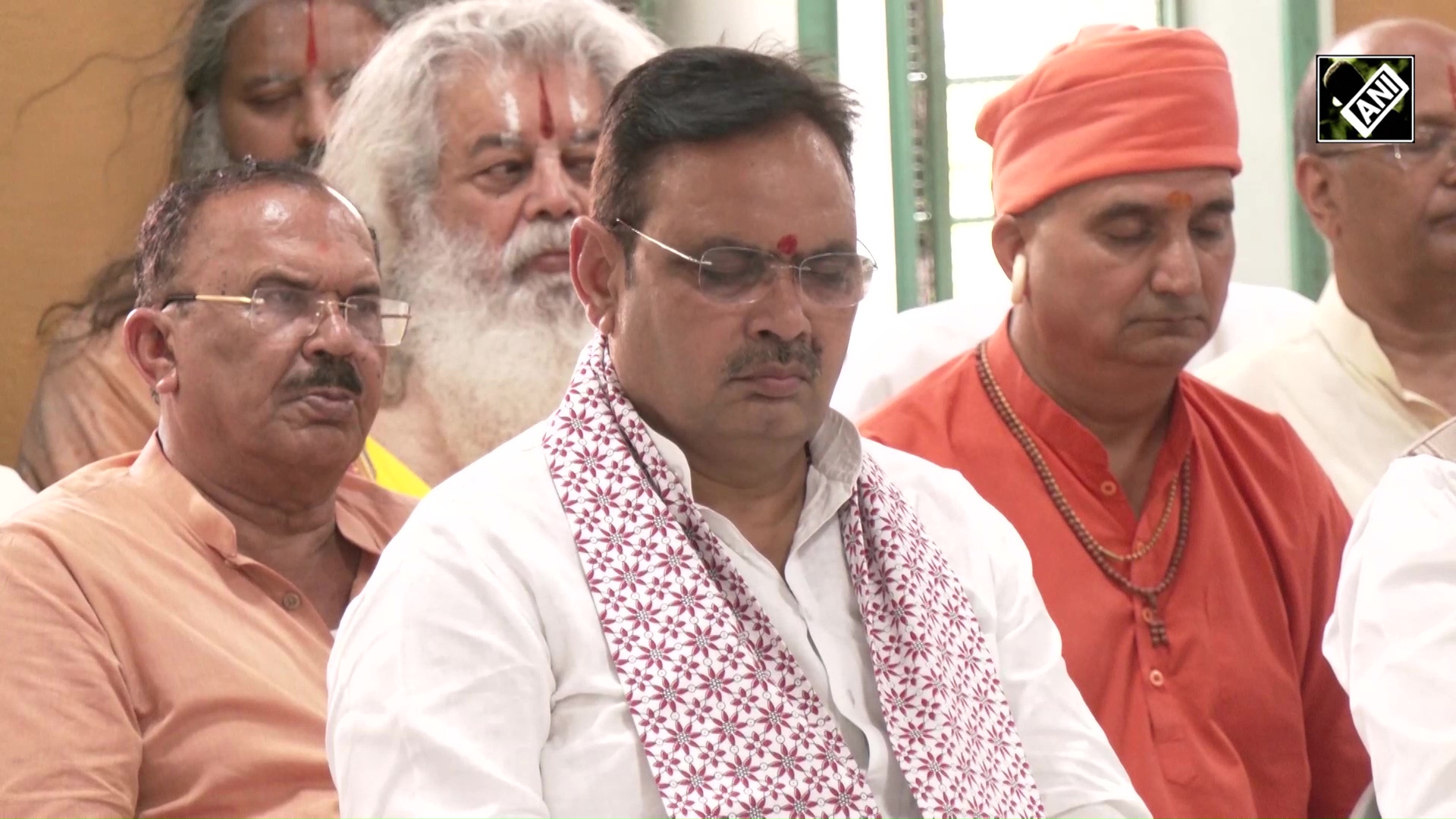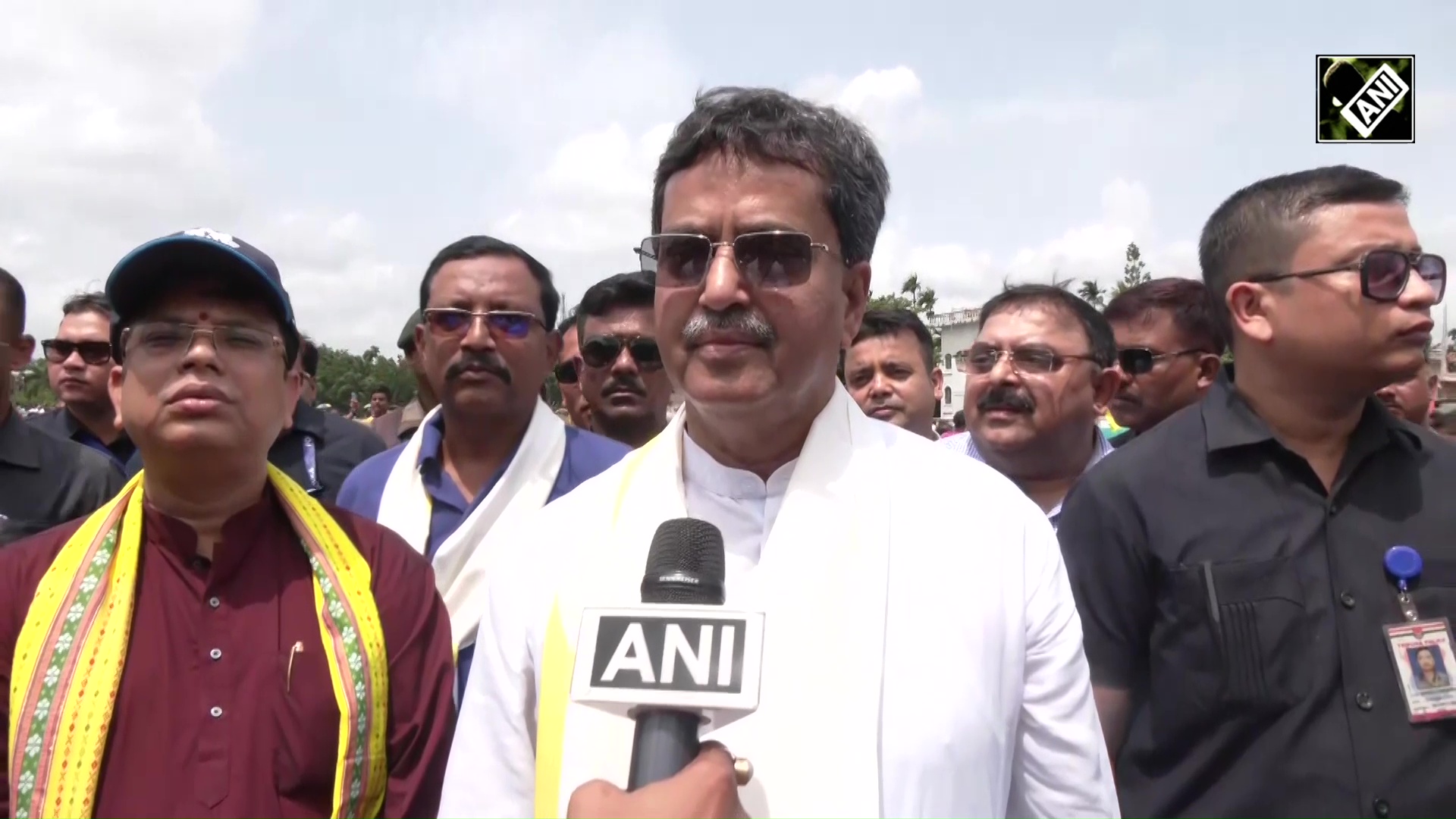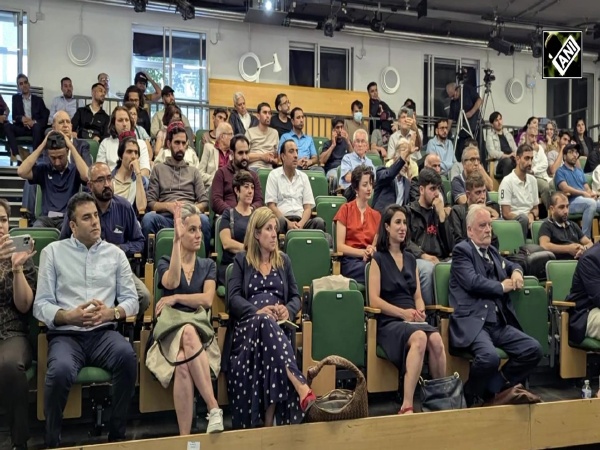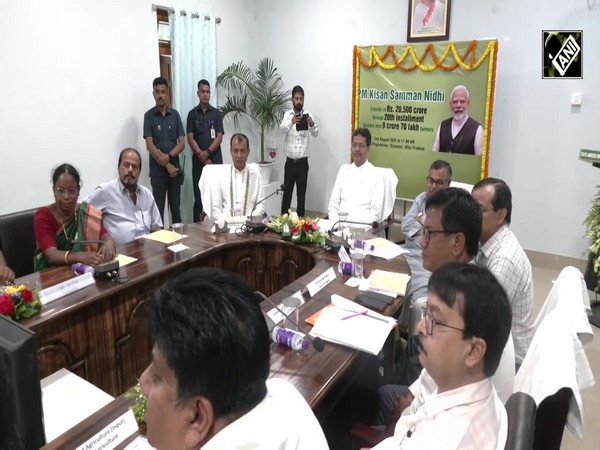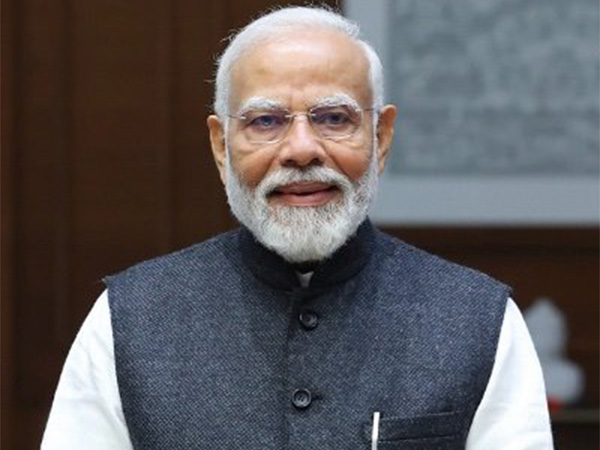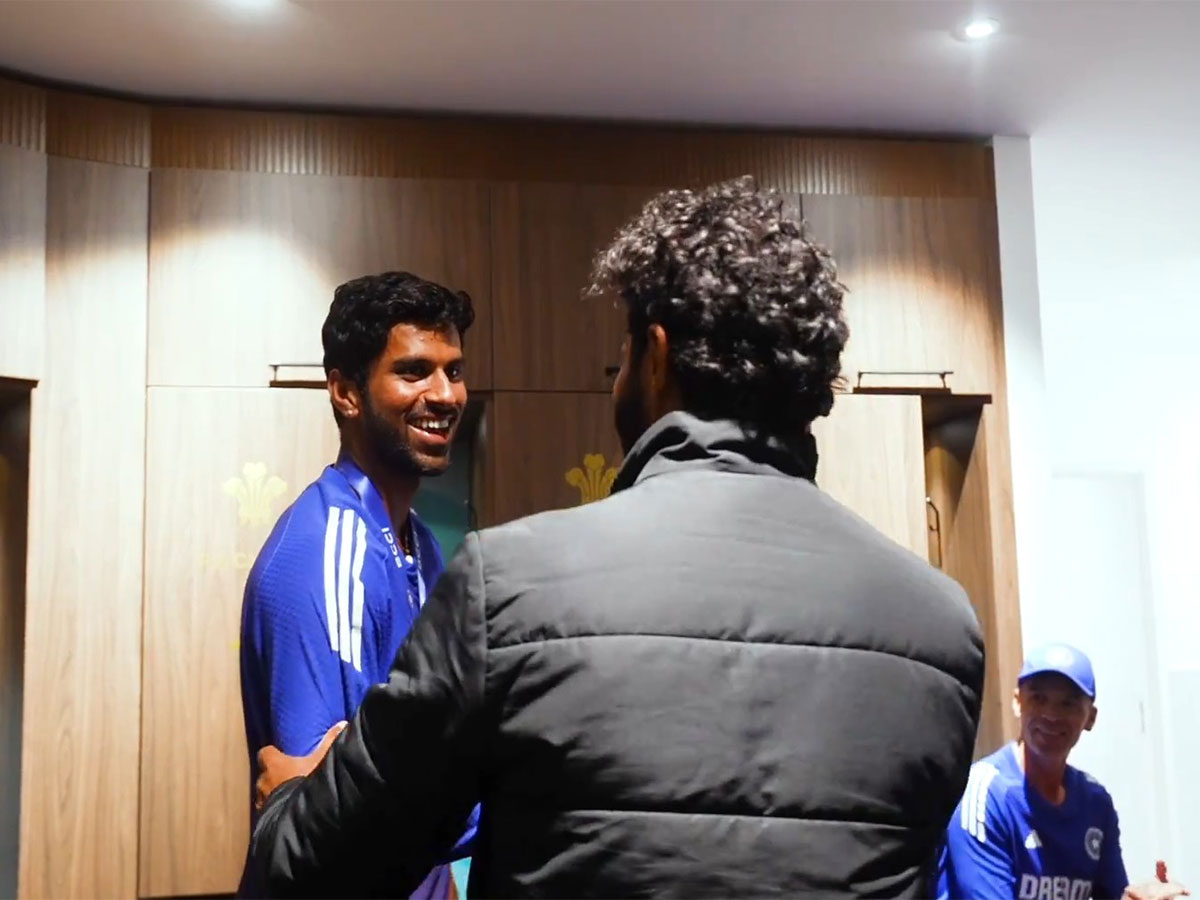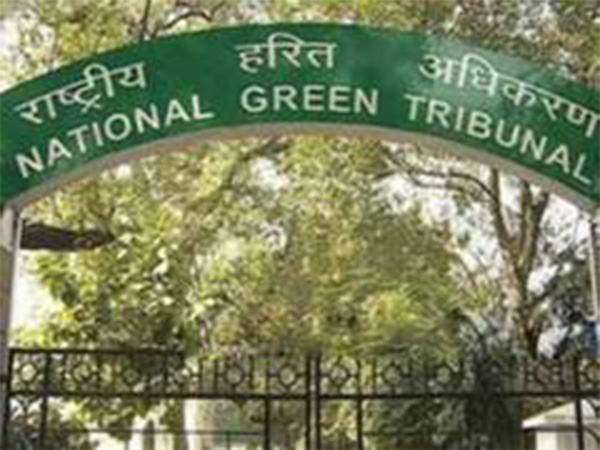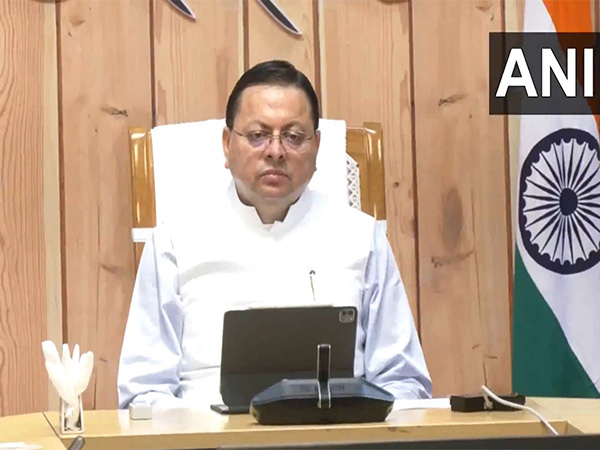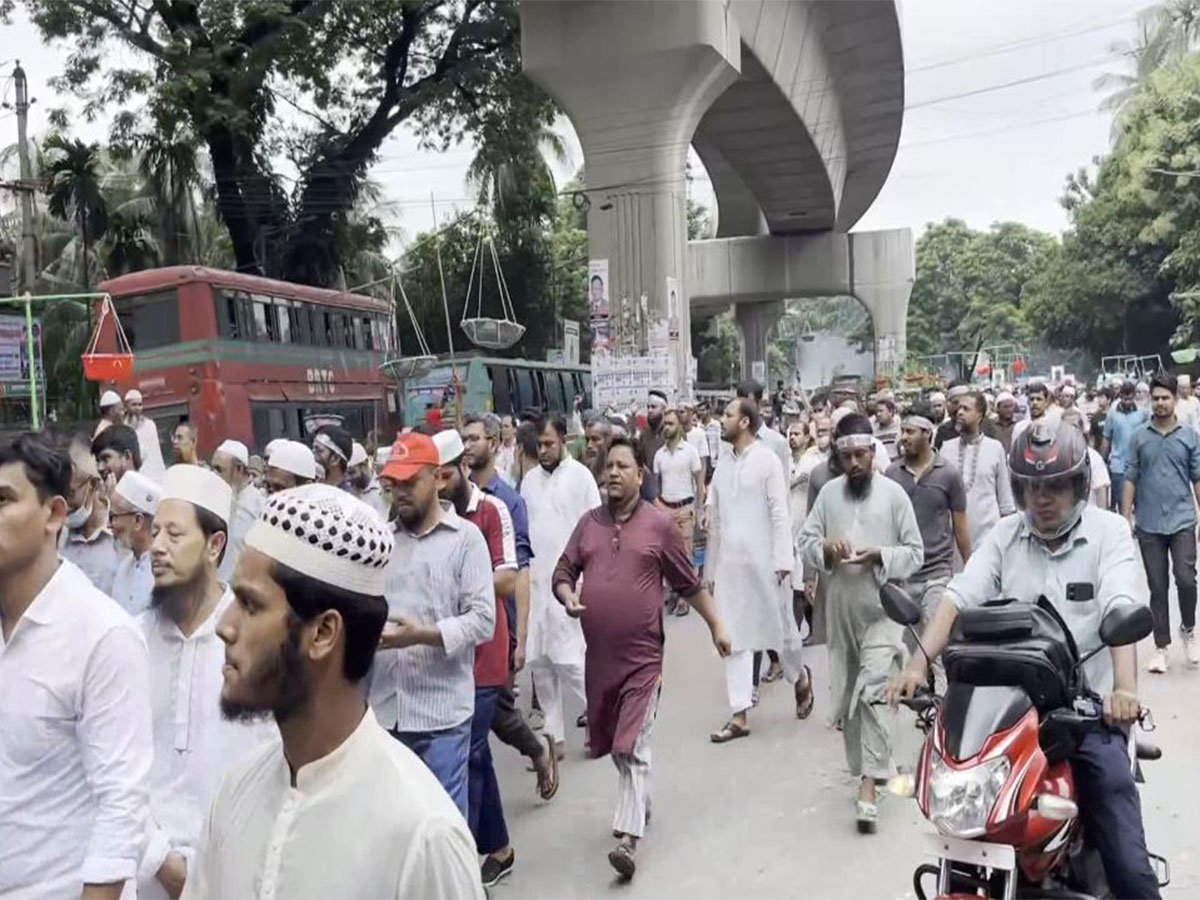
Bangladesh begins celebrations of uprising anniversary amid high security
Aug 05, 2025
Dhaka [Bangladesh], August 5 : Thousands of people on Tuesday started to gather at Manik Mia Avenue, a major street in Sher-e-Bangla Nagar, Dhaka, that forms the south boundary of the National Parliament House Complex, to celebrate the first uprising day, the one-year anniversary of the overthrow of the previous Sheikh Hasina government, amid high security.
The interim government of the South Asian country of 170 million people have organised the mega-event after declaring the day a national holiday.
The government has arranged to bring people from all over the country to this event by hiring eight pairs of trains. Garment factories have been closed so that workers can also attend the event.
Officials of various banks have also been asked to attend the event. The day-long festival kicked off with a performance by the country's major musical bands and popular cultural artists.
Chief Adviser Muhammad Yunus is expected to unveil formally the 'July declaration', an official declaration of the July Mass Uprising of 2024 in Bangladesh, later today. The declaration reportedly outlines 26 political, constitutional and governance issues.
He will also address the nation this evening via state radio and television. Various political parties have organised various programs. Jamat-E-Islami, the largest Islamic political party in the country, held a procession with their election symbol, Dari Palla (measurement scale). Jamaat-E-Islami opposed Bangladesh's independence during the liberation against Pakistan in 1971.
"It was on this very day, one year ago, that the July Uprising reached its triumph, liberating our beloved nation from the grip of long-standing fascist rule", Chief Adviser Muhammad Yunus said in a message.
"The interim government is committed to restoring the state power to the people through a peaceful, fair, and transparent election, as part of a sustainable political solution", he added.
However, Human Rights Watch (HRW) criticised the interim Bangladesh government of Mohammad Yunus for falling short in implementing its challenging human rights agenda, a year since tens of thousands of people took to the streets to depose Sheikh Hasina's government.
"The hope of the thousands who braved lethal violence a year ago when they opposed Sheikh Hasina's abusive rule to build a rights-respecting democracy remains unfulfilled", said Meenakshi Ganguly, deputy Asia director at HRW.
"The interim government appears stuck, juggling an unreformed security sector, sometimes violent religious hardliners, and political groups that seem more focused on extracting vengeance on Hasina's supporters than protecting Bangladeshis' rights", she added.
Bangladesh is on high alert at the anniversary of the uprising. Law enforcement agencies, including the police, have set up checkpoints on the streets and are conducting searches.
Bangladesh's Independence leader, Sheikh Mujibur Rahman, was assassinated along with most of his family members on August 15, 1975. Despite the ban on the activities of the Bangladesh Awami League, the party is observing August as a month of mourning.
Bangladesh's former Prime Minister Sheikh Hasina was ousted in a Student-led uprising, known as the July uprising or the July revolution, in August last year. She fled to India, and an interim government was formed under the leadership of Muhammad Yunus, a Nobel Laureate.

